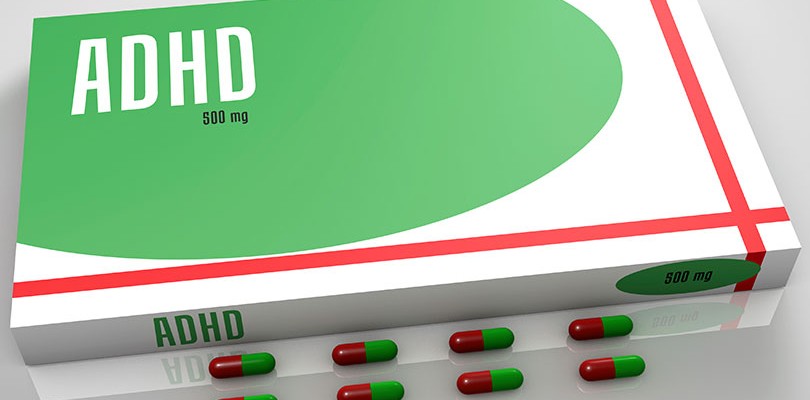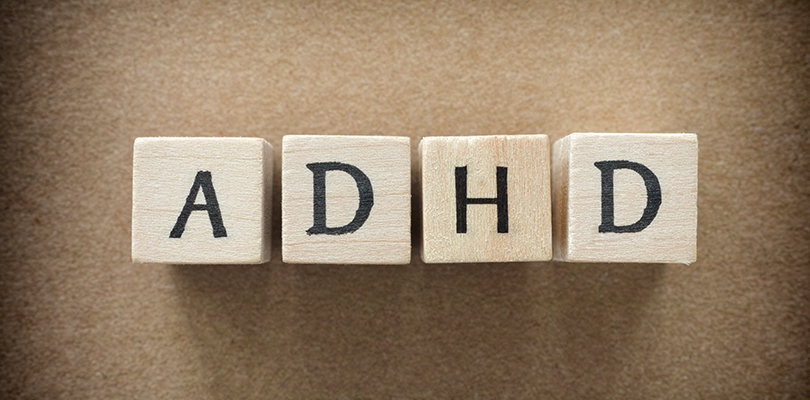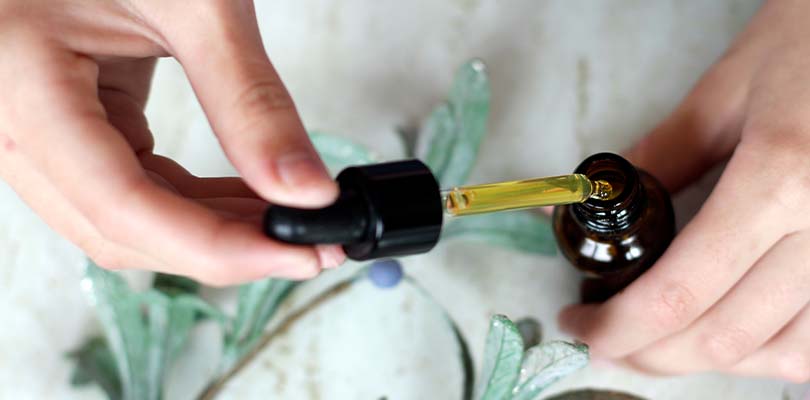
Photo Credit: CherylCasey / istockphoto.com
ADHD Facts
ADHD is everywhere. Many people know someone with the diagnosis or have it themselves. If you work or live with kids, you might feel like every child born in the last 15 years has some level of ADHD.
There is more information available about ADHD than ever before. But problems can arise when you become so saturated with information — you might begin to find it difficult to separate fact from the fiction.
It’s important to get back to the fundamentals in order to understand what ADHD is really about. Here’s a list of ADHD facts you might not know.
1. Many ADHD-Doubters Still Exist
To many this will seem obvious, but to others it will come as shocking news. The doubters tend to throw around unsubstantiated claims like “ADHD is a modern disease,” “ADHD only happens in the US,” or, “ADHD is a way for the drug companies to get rich from your kids.”
None of these assertions are true. The symptoms related to ADHD have been well-documented throughout time and from around the world. Over 200 years ago, a text was published in Germany that describes adults who could not complete responsibilities and children with poor attention and high energy.
The use of medication for ADHD symptoms was stumbled upon by a doctor, not a pharmaceutical company, in 1935. Like many events in mental health history, this was more of a coincidence than a purposeful plan.

Photo Credit: magda_rzymanek / istockphoto.com
2. Even People Who Don't Seem "Hyper" Can Have ADHD
There is a wide range of ADHD symptoms that can present. They are all dependent on the person expressing the symptoms. If you close your eyes to imagine someone with ADHD, you probably see a child who is constantly active and unable to focus in a classroom. But this is not always the case.
There are actually three forms of ADHD. They are:
- Combined presentation
- Predominately hyperactive presentation
- Predominately inattentive presentation
The second and third forms are self-explanatory, while the first is a combination of the other two. The predominantly inattentive group breaks the stereotype of what ADHD looks like, making it harder to recognize and diagnose. Even though they are different, they are all types of ADHD. ADD is a term that people sometimes use to describe the last group, but this term is never used in a clinical setting.

Photo Credit: gemphotography / istockphoto.com
3. Poor Diet and Viewing Habits Do NOT Cause ADHD
Simply stated, there is no proof to say that sugar or screen time, in general, causes ADHD. With that being said, there is evidence that points towards sugar and TV causing ADHD symptoms.
With sugar, people can see the impact for themselves — eating large amounts of sugar can trigger high activity levels and short attention spans that resemble hyperactivity and poor attention. These signs do not mean that they have ADHD, though. It’s just like if someone drank a lot of coffee and began feeling shaky, flushed and more irritable; they wouldn’t have an anxiety disorder.
Sugar, like caffeine, is a drug. It creates changes when put into your body or the body of a child. TV is the same way. Research shows children score lower test results when they watch fast-paced cartoons with frequent scene changes. These tests measure cognitive capability and impulse control. The results found were immediate, like sugar consumption, and it is reasonable to think that they would wear off after time has passed. So, while some people try to link screen time to higher rates of ADHD, it’s important to remember that this is not cause and effect. It could be that kids with ADHD seek out more the stimulation TV provides.

Photo Credit: DragonImages / istockphoto.com
4. ADHD Can Last a Lifetime
ADHD does not magically disappear on someone’s 18th birthday. Whether you are eight or 88, you can have ADHD. Part of the criteria for being diagnosed with ADHD is that someone must have had symptoms before their 12th birthday, but symptoms can last throughout adulthood.
This is an important distinction because if ADHD symptoms present for the first time later in life, something else is the culprit. ADHD symptoms do decline for some people as an adult when the demands of life change and coping skills improve. Others are not as fortunate. Some reports claim that up to 70% of children diagnosed with ADHD will have symptoms into adulthood.

Photo Credit: alptraum / istockphoto.com
5. People With ADHD Cannot Cure Themselves by Trying Harder
Some people think that telling someone to “calm down and pay attention” will fix their symptoms miraculously. Trying to force someone with ADHD to sit still and stay focused will not achieve anything. It’s like ordering someone on crutches to run a marathon — impractical and unhelpful.
Contrary to belief, medications for ADHD do not "calm people down." In reality, many medications used for ADHD are stimulants. Commonly, people with ADHD have underactive or underdeveloped brain management systems. Helpful medications boost alertness and improve communication in the brain’s management system.
If you experience these signs and they have a significant impact on your day-to-day life, see a doctor to discuss whether you may have this condition.

Photo Credit: CreativaImages / istockphoto.com
6. People With ADHD Are Often Very Smart
People with ADHD have a good chance of being intelligent and capable in the classroom. The problem is that many classrooms and intelligence measures are not designed for children with ADHD. ADHD children who are allowed to fidget, stand or move during class and have frequent breaks learn better in the classroom. Schools and standardized tests commonly attempt to have students fit into a certain mold rather than foster their individual traits.

Photo Credit: mik38 / istockphoto.com
7. Finding Benefit From Someone's ADHD Medication Doesn't Mean You Have ADHD
Think of stimulant medication for ADHD as supercharged caffeine. When people take a stimulant medication, they receive the same benefit as someone with ADHD. They will feel more alert, focused and attentive. Receiving the benefit from the medication does not mean that you have the disorder. Remember, using a medication not prescribed to you is dangerous and potentially deadly. Seek mental health treatment for yourself if ADHD symptoms interfere with your life.

Photo Credit: monkeybusinessimages / istockphoto.com
8. Parents Do NOT Cause ADHD
Inconsistent or permissive parenting styles can flare ADHD symptoms, but they do not create ADHD. Similarly, very consistent parenting styles cannot magically cure ADHD. Parents should take a deep breath and reduce the pressure they put on themselves. Parents’ role in ADHD is proving to be strong, though. Parents might pass symptoms onto their children through genetic links. ADHD may be a product of nature more so than nurture.

Photo Credit: AlexRaths / istockphoto.com
9. ADHD is Underdiagnosed
New studies are finding that ADHD is probably not diagnosed at high enough levels in certain populations, including females and people of color. Due to clinical biases, professionals may be more likely to diagnosis these groups with other disorders like depression, oppositional defiant disorder or no diagnosis at all. The American Psychiatric Association reports that ADHD is present in 5% of children and 2.5% of adults in the US, but even these numbers may be low.

Photo Credit: Colourfield / istockphoto.com
10. ADHD Is Related to Where You Live
Recently, a study reported that elevation above sea level was related to your chances of having ADHD. The study claims that people higher above sea level are at a lower risk while people closer to sea level have a higher risk. You probably don’t need to move to a mountaintop immediately, though. So many factors play into ADHD; you just have to do the best you can with what you have.
Read more about ADHD in gifted children and ADHD disbelief over at NewLifeOutlook.
Why is ADHD controversial? Most people agree that ADHD is a legitimate condition, however, the topic about diagnosis and treatment is widely debated.








